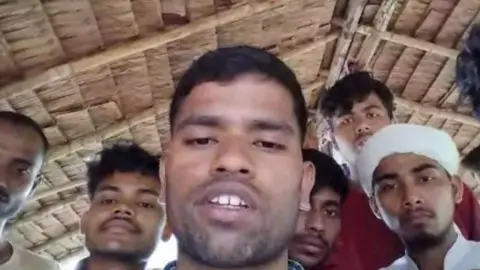India is facing an alarming crisis as the paradox of antibiotic access unfolds. Despite being one of the largest markets for antibiotics, the country is grappling with severe antimicrobial resistance (AMR) that threatens to escalate health risks. A new report from the Global Antibiotic Research and Development Partnership (GARDP) highlights the disturbing reality: while the overuse of antibiotics leads to the emergence of superbugs, a considerable number of patients are dying for lack of access to effective treatment.
The study, published in The Lancet Infectious Diseases journal, surveyed nearly 1.5 million instances of carbapenem-resistant Gram-negative (CRGN) infections across several low- and middle-income nations, revealing the dire statistics associated with Indian cases. India accounted for about 80% of the antibiotics procured for treating these resistant infections, yet only managed to provide adequate treatment to 7.8% of its patients. The CRGN bacteria are notorious for causing serious health challenges such as urinary tract infections and pneumonia, particularly threatening newborns and immunocompromised individuals.
In the healthcare field, experts like Dr. Abdul Gaffar from Apollo Hospital highlight that daily encounters with patients who do not respond to conventional antibiotics result in increased mortality rates. The cruel irony emerges where medical professionals confront the challenge of over-prescribing in some areas while patients in impoverished segments of society are unable to access necessary medications.
Dr. Jennifer Cohn from GARDP emphasizes that while antibiotics are indeed being overused in certain sectors, the fundamental issue lies in many essential drugs being out of reach for individuals suffering from drug-resistant infections. Of the limited effective antibiotics available, researchers found a glaring disparity in procurement, illustrating a significant shortfall in the health response to combat drug-resistant infections.
Factors hindering access to antibiotics in India include inadequacies in healthcare infrastructure, a lack of diagnostic facilities, and prohibitive costs of treatment. Patients unable to pay for necessary antibiotics frequently miss out, while those who can afford them may misuse these medications. This raises a need for comprehensive solutions that include not only affordable drug pricing but also stricter regulations to prevent misuse.
The study suggests that enhanced policies are crucial in addressing the access issues, along with fostering innovation in antibiotic research and development programs. Notably, India, equipped with a robust pharmaceutical industry, could potentially emerge as a leader in AMR innovation, fostering better diagnostics and treatments.
As the light of modern medicine relies heavily on effective antibiotics, the risk of losing the ability to perform critical medical procedures looms large. Dr. Gaffar reinforces that ensuring access is essential while preventing misuse through structured protocols could play a vital role in navigating India's antibiotic crisis. The situation calls for urgent reforms that align drug accessibility with responsible usage to safeguard public health going forward.






















